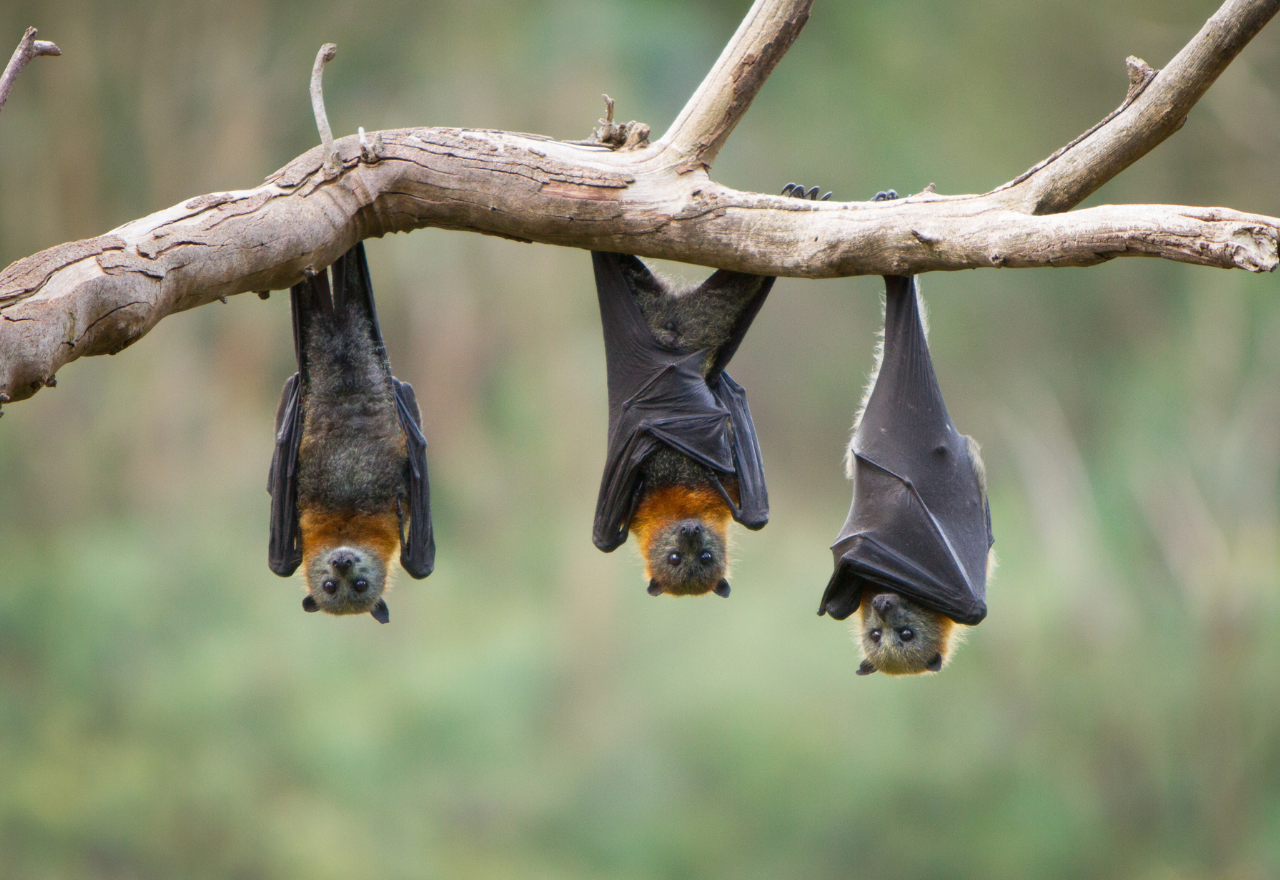Northern Rivers residents warned to avoid handling sick bats
29 August 2025, 6:29 AM

Northern Rivers residents are being urged not to touch or handle flying foxes or microbats, regardless of how distressed or injured the animals may appear, to protect themselves from infection and viruses, including the deadly Australian bat lyssavirus.
The warning follows reports of a high number of sick flying foxes being delivered to local wildlife hospitals in Northern NSW and Southern Queensland in recent weeks.
Regional Director North Coast Population and Public Health, Dr Valerie Delpech, urged the community not to handle any bats, particularly those that appeared sick or unresponsive.
“Although it may be difficult to ignore the plight of an injured, distressed or sick animal, we urge residents not to touch or attempt to cover any bat they might come across; rather, call your nearest wildlife rescue service to come to its aid,” Dr Delpech said.
“If you see a dead flying fox in a public area, contact your local council and ask them to dispose of it.
“Anyone who is bitten or scratched by a flying fox or microbat should immediately wash the wound thoroughly with soap and water for at least 15 minutes, and apply an antiseptic with anti-virus action (such as those outlined in the NSW lyssavirus factsheet) after washing.
“Anyone who has had contact with a bat should also seek medical attention as soon as possible to assess whether they are at risk of infection and to access post-exposure treatment and vaccination if required.
“Getting post-exposure treatment as soon as possible is crucial, as there is no effective treatment once the symptoms of Australian bat lyssavirus commence.
“It is almost always fatal.”
Dr Delpech said the warning was particularly timely with the warmer months of spring and summer approaching, when bats are usually more active.
Lyssaviruses are a group of viruses that includes bat lyssavirus in Australia and rabies overseas.
Australian bat lyssavirus can only be passed to humans from an infected flying fox or bat. Infection in humans can occur when bat saliva comes into contact with human tissue via an open wound or the eyes or mouth.
Rabies is a closely related lyssavirus that can be carried by mammals such as dogs, cats, monkeys, and bats around the world, including in some of Australia’s closest neighbours, such as Bali and Thailand.
If you see a bat in distress, injured or on the ground, do not try to rescue it and contact your nearest wildlife rescue service. Some local providers include WIRES on 1300 094 737, Northern Rivers Wildlife Carers on 02 6628 1866 and Tweed Valley Wildlife Carers on 02 6672 4789.
For more information, contact North Coast Population and Public Health on 1300 066 055, or visit the NSW Health website.

